Christopher Vogler's The Writer's Journey
Stage Two: The Call to Adventure
&
Stage Three: Refusal of the Call
How do you shift your book’s Hero from their nice, cozy Ordinary World into the Adventure? According to Christopher Vogler, in his book The Writer’s Journey, you have them answer the Call. In this episode we discuss the various forms the Call to Adventure can take, and also why even the most willing hero must “Refuse the Call.”
To illustrate how this works in a non-movie example, we turn to John Scalzi’s Kaiju Preservation Society, which fulfills both of these requirements in clever and witty ways.
Remember, we have a Writers Process meetup every Wednesday.
Have you checked out our Hero’s Journey Study Guide? Do you appreciate the Snark Notes (aka, show notes but written under the influence)? Words to Write by is a two woman passion project. A little support will go a long way. You could also drop us a line and let us know how you’re enjoying the podcast.
Our Novel Approach to The Writer's Journey
We’ve chosen four novels to analyze while we read Vogler’s book, which will serve as examples to help you on your own journey to writing a novel based on the Hero’s Journey. Here’s what Kim & Renee are reading:
Call to Adventure
If you haven’t check out our previous episode on Stage One: The Ordinary World, Vogler includes a Public Service Announcement in his Call to Adventure chapter:
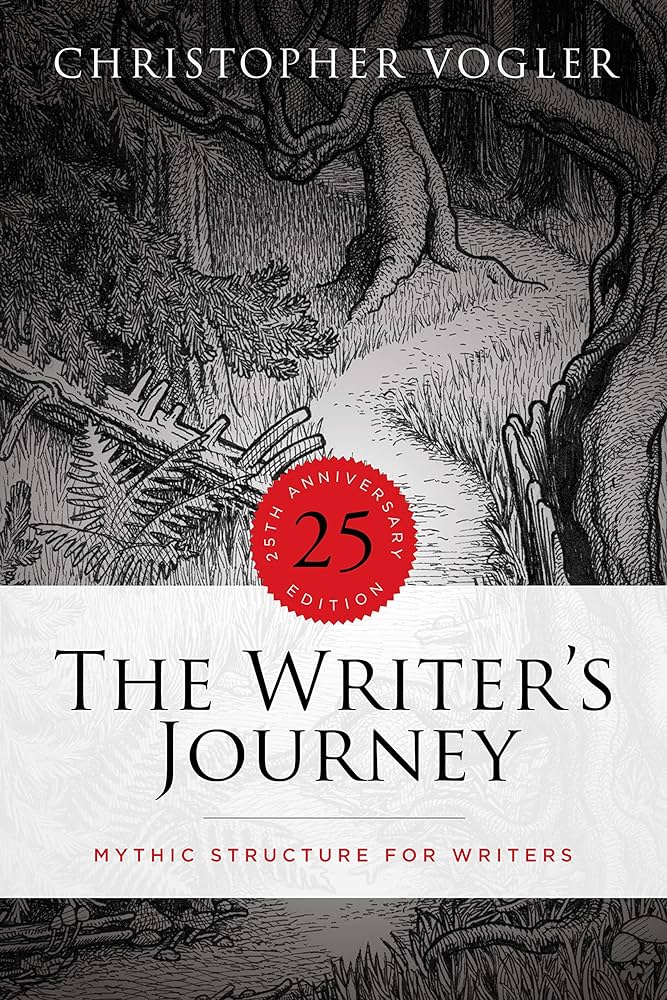
Are you scratching your head, wondering what this Ordinary World is? Then get thee to the previous episode because it’s inextricably linked to the nature of the Adventure’s Call, the Refusal, and all other stages moving forward. As your pre-algebra teacher used to say: no skipping steps!
Stage Two: The Call to Adventure
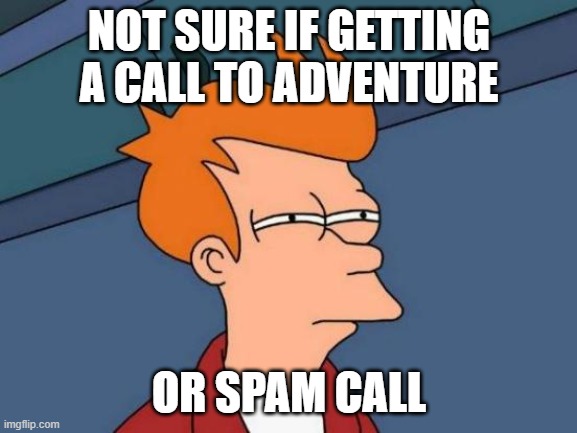
The Call, according to Vogler, is sometimes defined as “the inciting or initiating incident, the catalyst, or trigger.” Whatever it is, be it a Mentor or evil presence entering the Hero’s Ordinary world, “some event is necessary to get the story rolling” and that is The Call to Adventure. It can take all sorts of forms, from antagonists to a mysterious letter or invitation to peer pressure, or in the case of John Scalzi’s The Kaiju Preservation Society, a business card. Below, we’re including just a few ways to kickstart your story, but we discuss all of them on podcast, so if you want the rest, you’ll just have to listen to this week’s episode.
Oh So Many Ways
Psychological Drive (In Your Dreams)
The Call can take the form of a prophetic dream sequence or an overwhelming desire for adventure. In Total Recall. the Hero has a prophetic dream about Mars. That very morning, he watches a news broadcast informing him about civil unrest on Mars. What are the chances this plot have something to do with the Red Planet?
You know, Total Recall? Remember that one? Anyone? You know you’re old when…
The Herald (Oh, Mr. Darcy)
The Herald: sometimes the Hero has made some kind of peace with the Ordinary World in all it’s $h!tt!n3ss. But then along comes the Herald and BAM! There goes all the crutches and survival mechanisms the Hero developed to deal with their lot in life. The Herald leaves the Hero with no choice but to commit to the quest (or love interest). Many times, you can’t always tell if the Herald is an ally or enemy, like Mr. Darcy, the sexy jerk, in Pride & Prejudice.
Temptation (C'mon!)
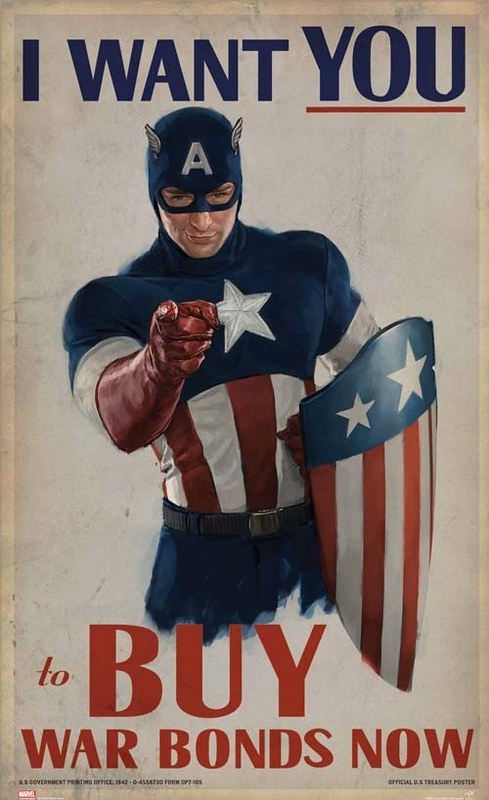
Temptation as the Call is equivalent to going to Belize because you see a poster in a travel agency window. It’s like signing up to fight Nazis because of a WWII propaganda poster…not that one would even need a poster to want to destroy Nazis…
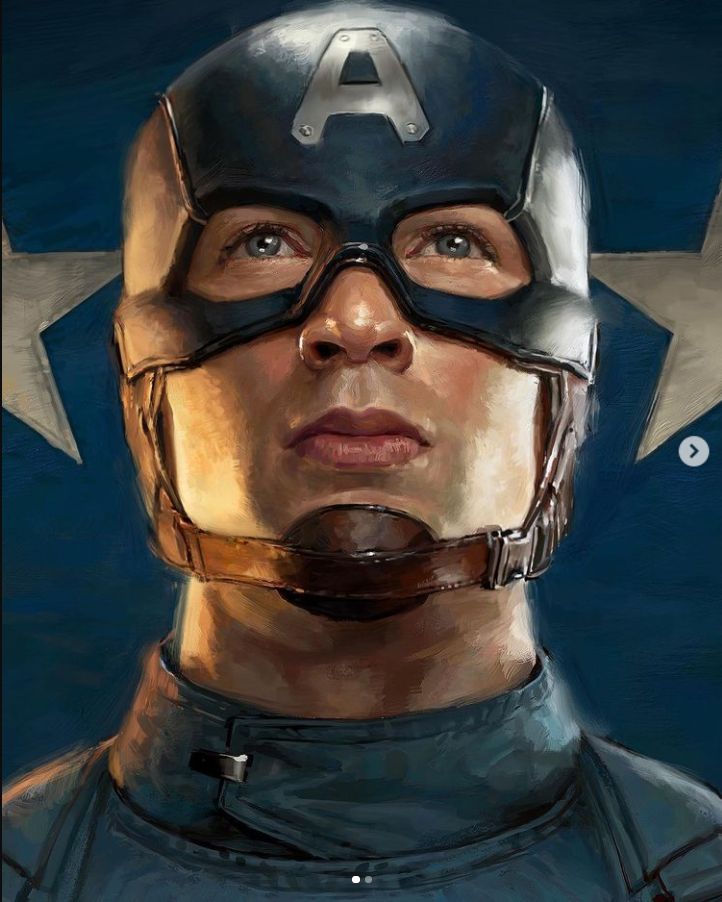
Wanna go to Belize? Let’s go! Wanna fight some Nazis? Who doesn’t? Let’s go get ’em, Cap!
Reconaissance (Preview of Shenanigans)
As much as we’re tired of seeing/hearing Harry Potter as examples, this scene does a good job of illustrating what Vogler means by Reconnaissance. Before we’re even introduced to the Hero, three characters discuss the stakes of his Journey. In other words, things are happening behind the Hero’s back and we, as the audience, are privy to this information. Renee called it “a preview of shenanigans.” I think she just likes to say the word shenanigans.
Lack or Need (Choices Shmoices)
The Lack or Need is simple enough to grasp: “A call to adventure may come from a loss or subtraction from the Hero’s life.” Think a kidnapping, like in the film Taken, which is both the best and worst possible title for that film. In this example, the Call to Adventure is literally a phone call.
Geez, someone must have been reading Vogler when they wrote this screenplay…
The Call to Adventure in John Scalzi's Kaiju Preservation Society
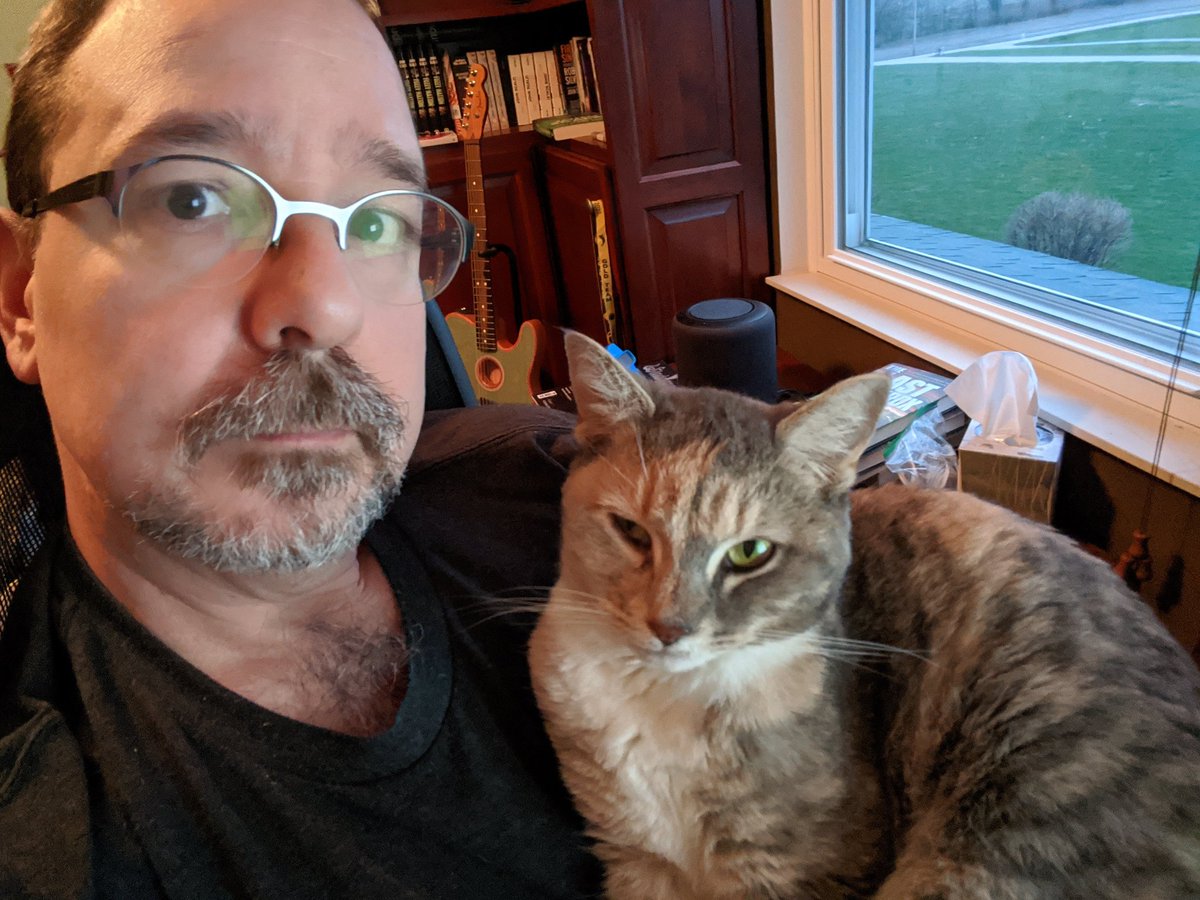
We know how you (but mostly Renee) love examples from books, which is why Renee and Kim match up the Stages of the Hero’s Journey to John Scalzi’s Kaiju Preservation Society. So, how does Scalzi tackle The Call?
The Call To Adventure comes in the form of a business card, signaling a new job.
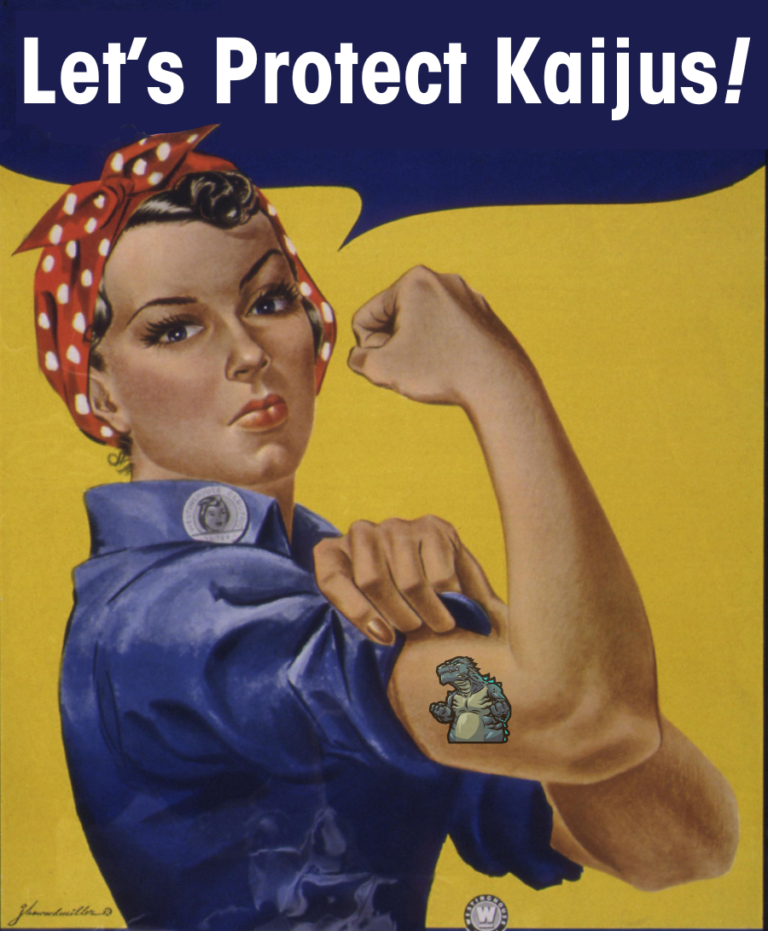
I stared at his hand. There was a business card in it. My face did a thing.
Tom noticed, even through the mask. “What is it?”
“Honestly?”
“Yeah.”
“I thought you were going to give me a cash tip.”
“This is better. This is a job.”
Note how Scalzi stacks the disasters, pinning Jamie down to the quest. Jamie needs money and Tom clearly has it. Jamie lacks a job, so Tom tempts him with employment. Tom doesn’t give Jamie time to think it through because “the job is yours, but you sort of have to decide now whether you want it.” How can Jamie refuse?
Stage Three: Refusal of the Call (aka The Pause)
A Hero doesn’t Refuse the Call to Adventure so the author can fulfil some stage in a plot point. Fulfilling a plot point does not a good story make. Readers don’t just enjoy watching the hero refuse (although sometimes it’s really fun to watch them try); readers need to know why the Adventure is worth refusing. This stage, what Vogler calls “a pause to weight the consequences,” lets the audience know just how serious and dangerous the stakes of the quest are.

Procrastination, Hero Style
Think of this stage as a pause for the author to invest in connecting the reader and the Hero. Take a pause here to better the stakes, because the more the Reader connects with the Hero, the more they’ll stick around for the Quest. Vogler lists options in the way a Hero can refuse Adventure. Of course, whichever one(s) you select, you should integrate that Refusal into the plot somehow. This Stage isn’t Bitcoin, folks. It’s Apple Stock circa December 12th, 1980.
Avoidance (Once Bitten Twice Shy)
I am not whatever it is you think I am.
Sure, Logan. Right. You won’t save a girl in need. I swear, Wolverine’s whole character is one big Refusal of the Call. This film in particular (perhaps because it was supposed to be Wolverine’s/Hugh Jackman’s last one), this Refusal plays out over and over in different ways. Here’s Wolverine trying to “avoid” his next quest.
Excuses (No way!)
This is a long way. You understand? I am not taking you to North Dakota. And I am effed up. And I cannot get you there.
Logan refuses the call like five times during this film. This is one of the tamer/funnier examples. Ah, Logan, how Renee loves thee: “There is a charm in seeing a hero’s reluctance overcome, and the stiffer the Refusal, the more an audience enjoys seeing it worn down.” Indeed.
Persistent Refusal Leads to Tragedy (All the Death)
To take him in the purging of his soul, When he is fit and seasoned for his passage? No.
Hamlet is the perfect example of Persistent Refusal Leads to Tragedy. Hamlet is on a journey to avenge his father’s murder. Hamlet decides he can’t kill his Uncle Claudius while praying/confessing to the murder, even though that’s the best opportunity, because then Claudius will go to heaven. What kind of revenge would that be? If not for the motive, five people would have survived by the end of the play (six if you count Hamlet).
Willing Heroes (The Overly Eager Hero)
He who manages to knick me shall have this weapon at my side as their prize. One year and Yuletide hence, he or she must seek me out yonder to the North, at the Green Chapel, bend a knee and give me opportunity to match that blow. Be it a scratch on the check or a cut on the shoulder, I will return what was given to me. .. Who is willing to engage with me?
Very well. You laid down your challenge. I accepted it and accept it still….Gawain promptly cuts off head…
Threshold Guardians (Beware...Turn Back...)
Don’t pay attention to them. They’re just false alarms. You get a lot of them in the Labyrinth.
Threshold Guardians “block the heroes before the adventure has begun.” Henson plays off of the Hero’s Journey tropes throughout Labyrinth and we think this scene specifically pokes fun at what a Threshold Guardian is supposed to do.
The Secret Door (Bluebeard, anyone?)
Not to be confused with Checkhov’s Gun, Vogler’s “Law of the Secret Door” dictates that if there’s a secret door, a Hero cannot help but open it. More plot device than subtle hint, the Secret Door comes straight out the gruesome fairy tale, Blue Beard.
In The Lion, the Witch, and the Wardrobe, the wardrobe is the closet the heroes cannot help but enter, transporting them to the Special World.
Refusal of the Call in John Scalzi's The Kaiju Preservation Society
In Scalzi’s novel, chapter three is all about the Hero Refusing the Call to Adventure, but with a twist. Scalzi mixes two Refusals: The Willing Hero + Threshold Guardians. He “pauses” to make this a significant quest with potential consequences and serious stakes.
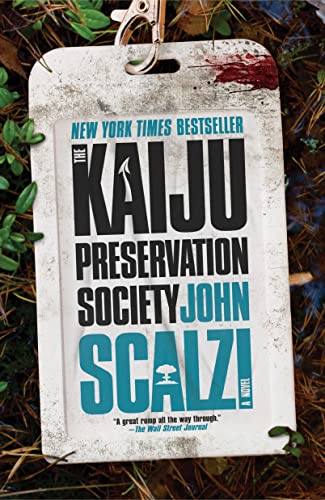
Jamie as Willing Hero
Just because the hero is willing doesn’t meant they know what they’re getting into. In KPS, this chapter serves to give Jamie every reason to NOT take this job. Yes, Jamie is a Willing Hero but he lacks options (which is how you’re supposed to utilize a willing hero – great work, Scalzi). Jamie’s stuck between a global shutdown and unemployment. They can’t really say no. During a conversation with Gracia the coordinator, she dances around the specifics of the job:
“When we say ‘in the field,’ how in the field is that?”
“Do you have a problem with pooping in a hole that you’ve dug yourself?”
“I’ve never done it, but I’m willing to learn.”
Pretty SUS, IYAM.
Dr. Lee Threshold Guardian (aka Murder Stoner Syndrome)
Next, Jamie has to get through Dr. Lee, who, we argue, is a Refusal/Threshold Guardian. As if signing a non-disclosure agreement without even knowing the specifics of the job isn’t enough to freak Jamie out, a table full of needles/vaccinations certainly should. Jamie insists they aren’t afraid of needles, but then Dr. Lee warns them about the side effects:
“Seriously, don’t even think about trying to fart for the next eighteen hours. It’s not a fart. You will regret it.”
That plus a potential murderous rage (aka Murder Stoner Syndrome) side effect of these vaccines really ups the stakes in this story. This chapter perfectly captures “the pause” Vogler discusses earlier in this chapter. Also, to up the tension, the reader knows something Jamie doesn’t. We know the title of the book and what a Kaiju is. Before we even begin this story, the title promises us, at every stage, a fun adventure and anything scary will be buffered by humor. So far, Scalzi’s nailing every stage of the Hero’s Journey. Quite the expert novelist, if you ask us.
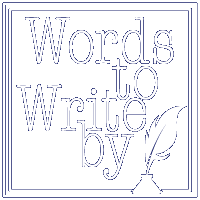
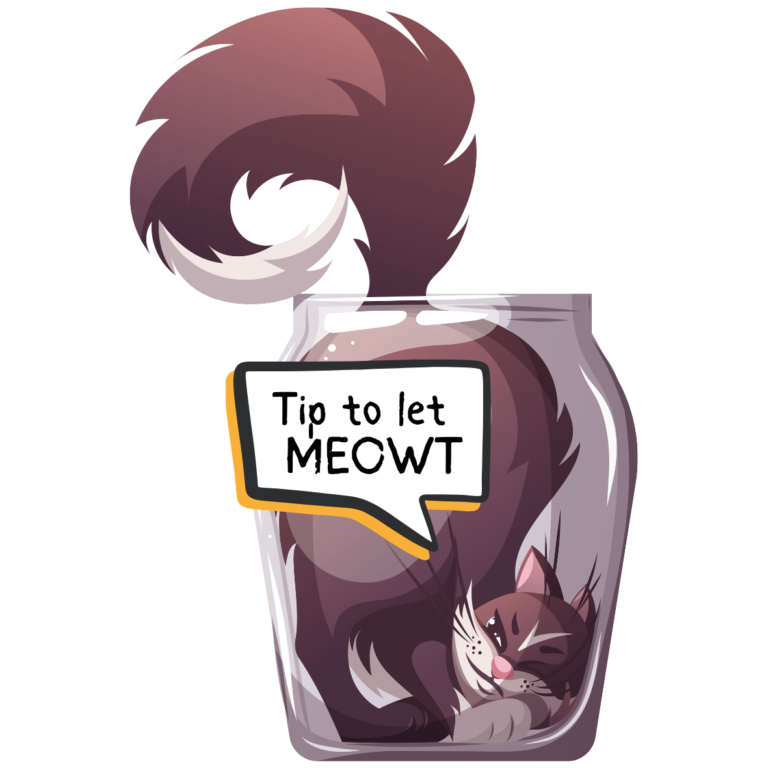
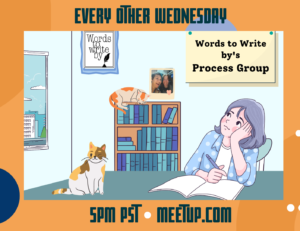
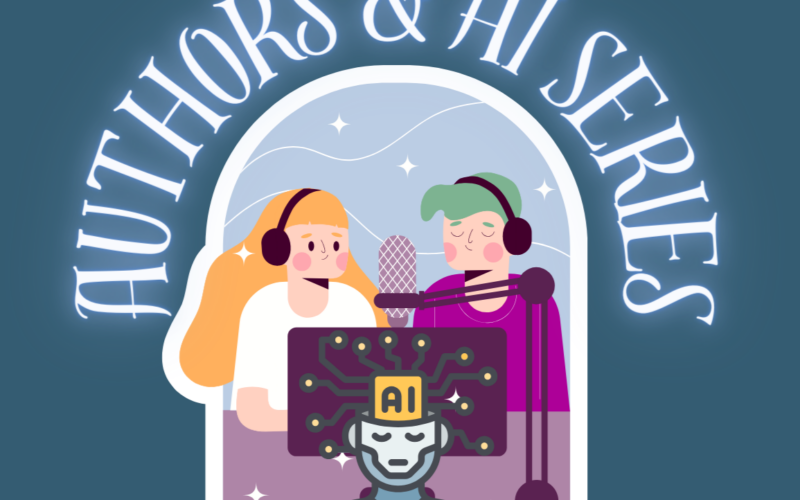
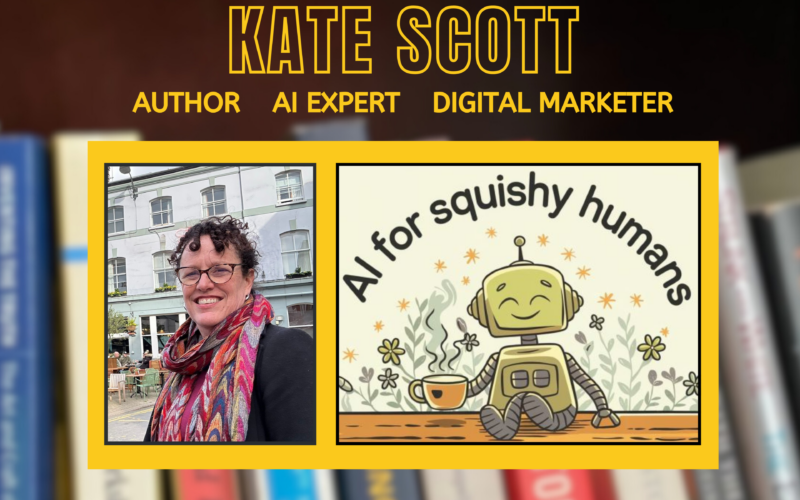
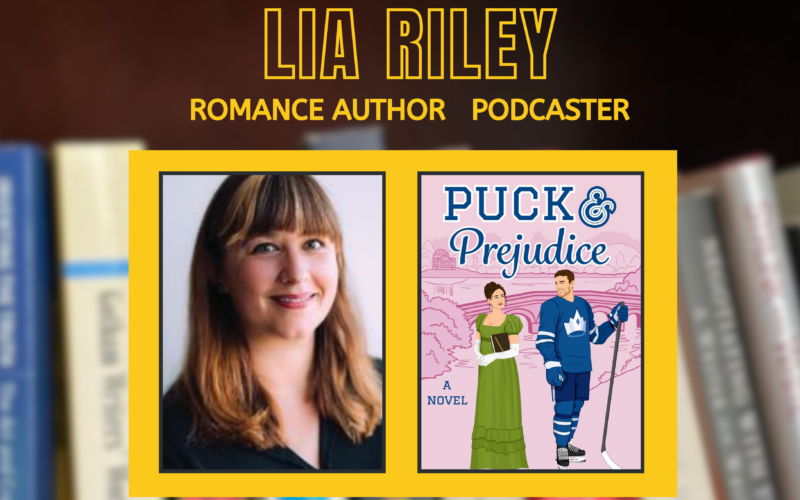
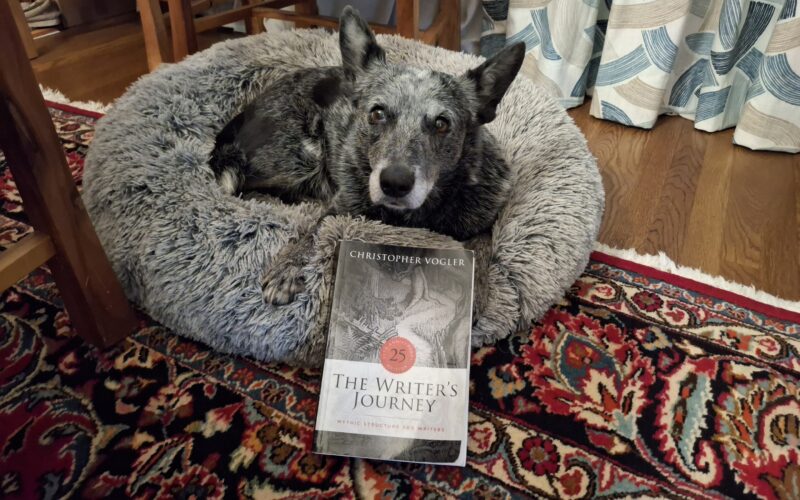
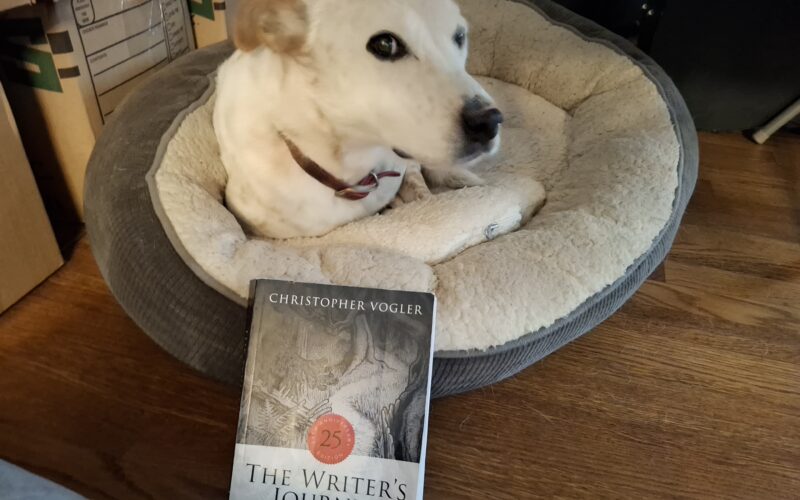
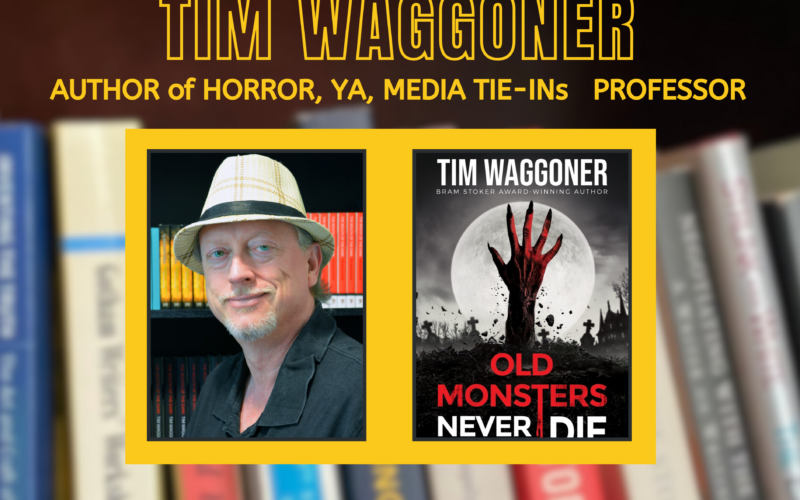
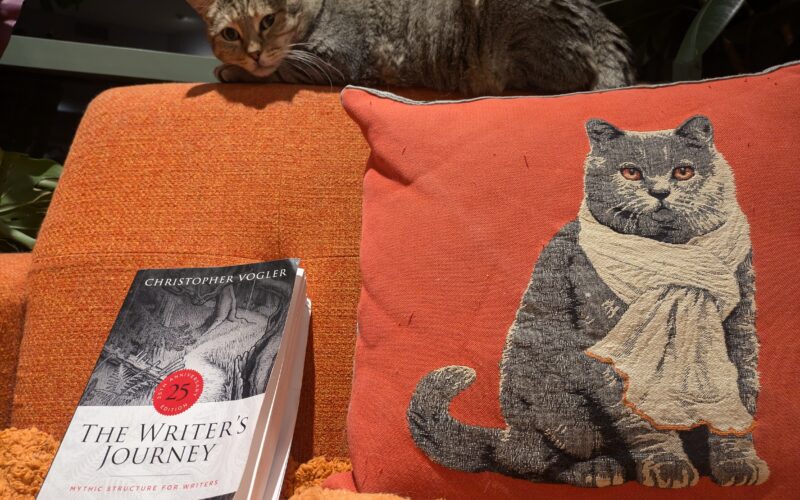
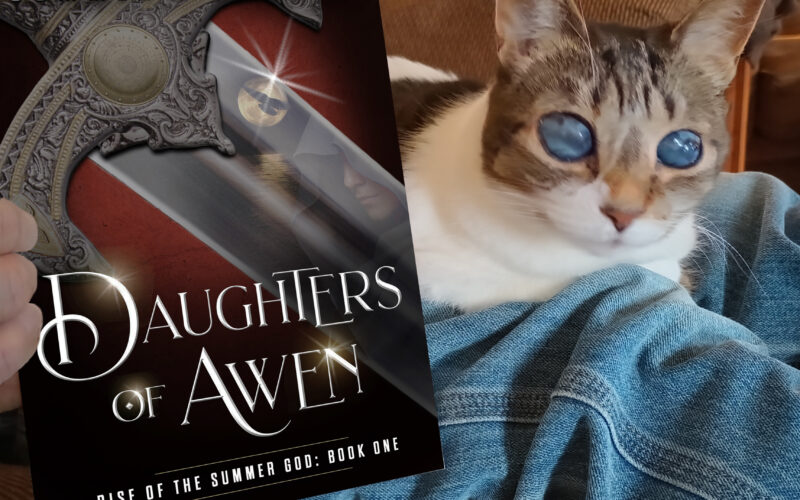

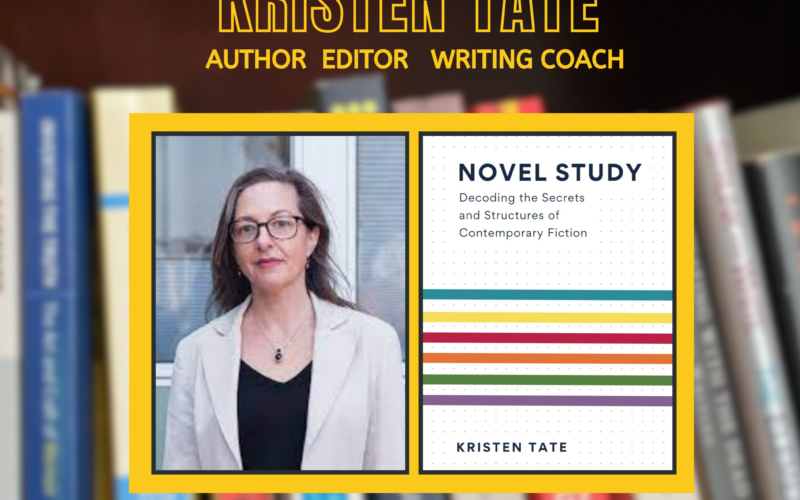
Not Your Usual Words to Write By: The AI Podcasting Challenge
Authors & AI SeriesEpisode 7: Not Your Usual Words to Write By: The AI Podcasting Challenge! Is nothing sacred? After exploring how AI might steal our writing jobs, we’re...